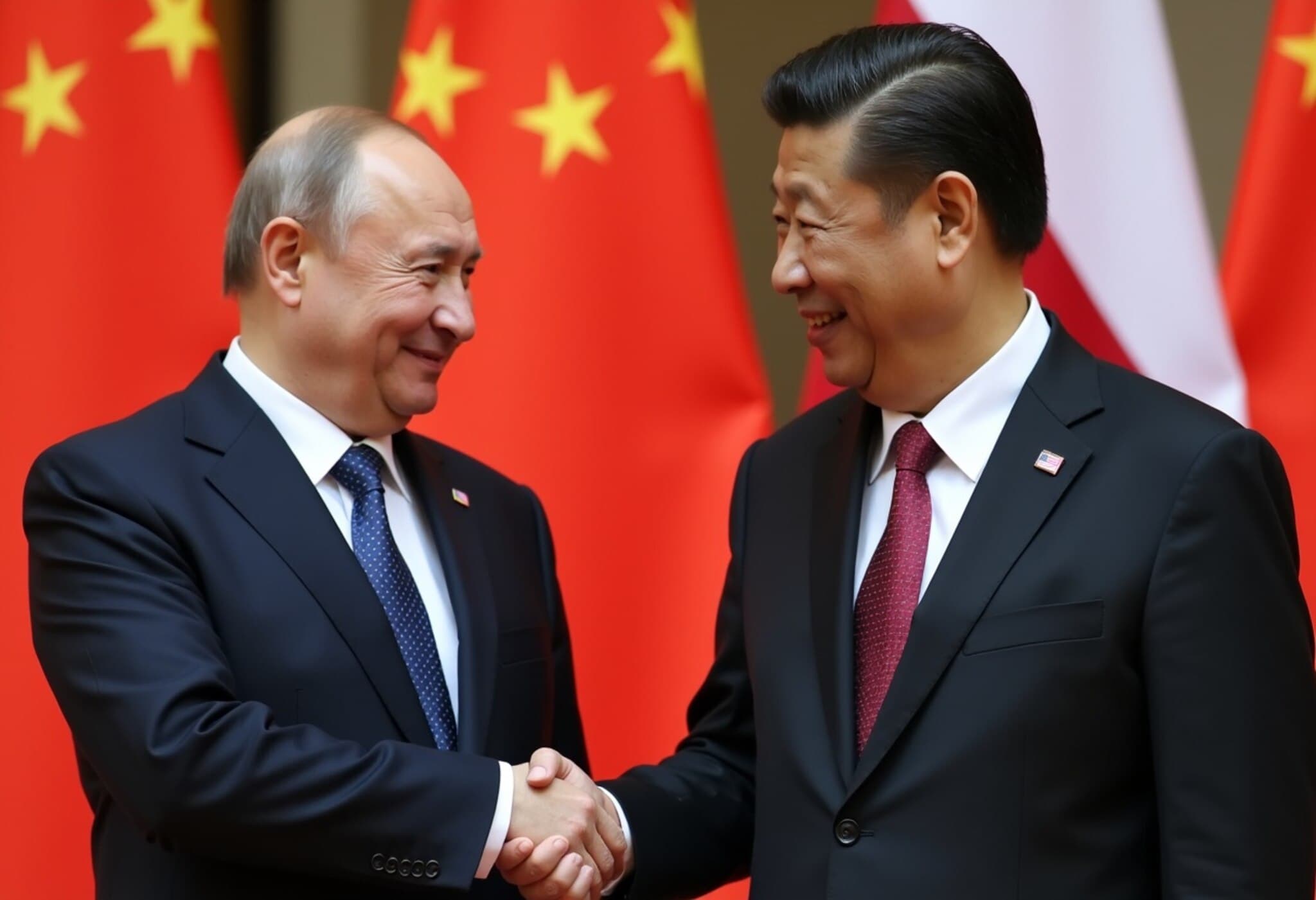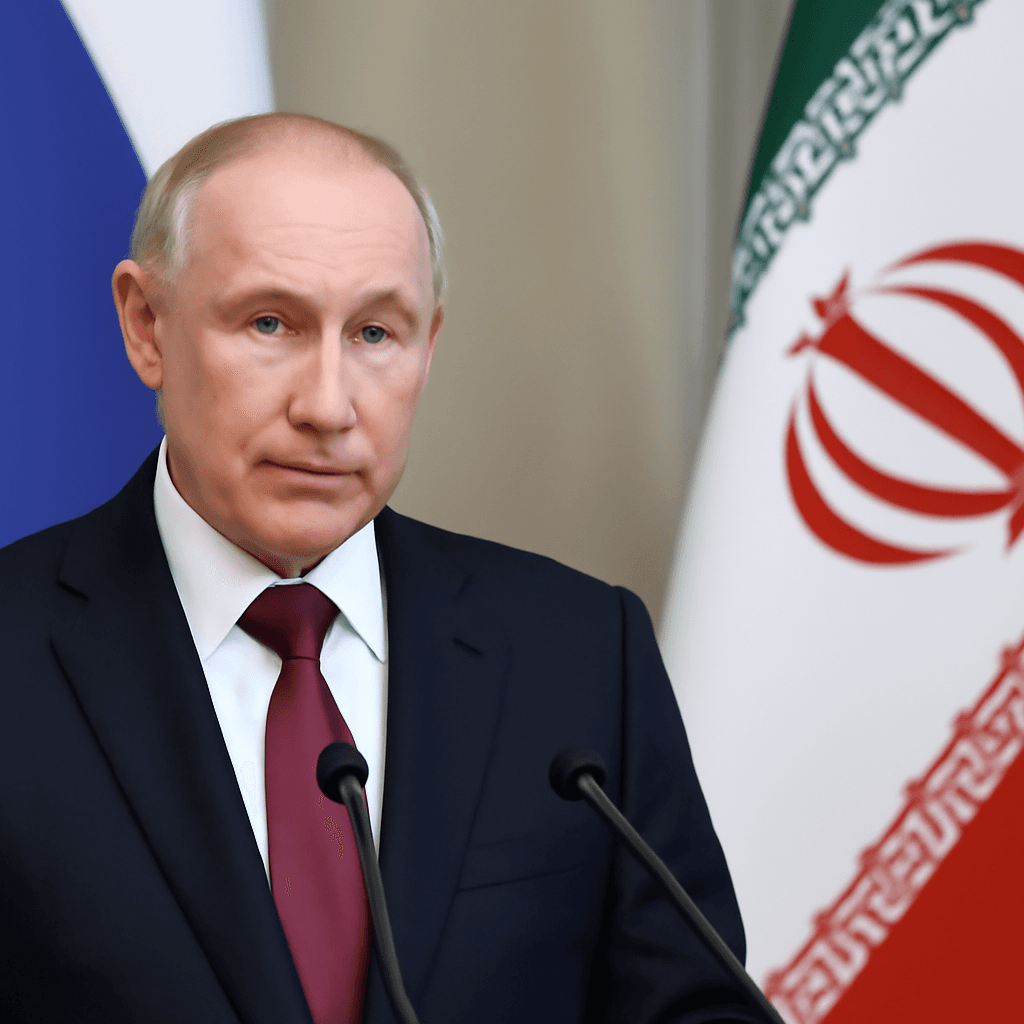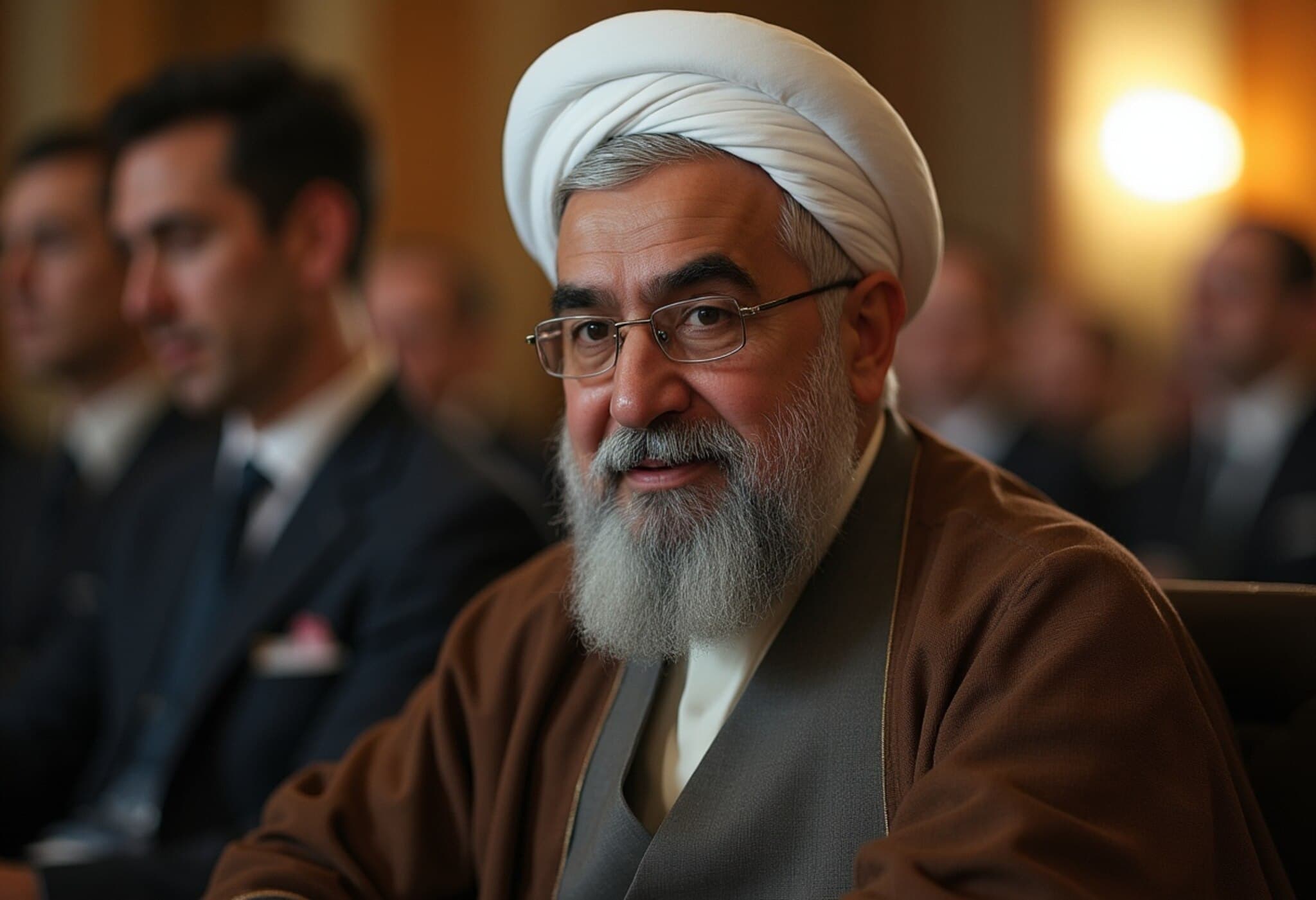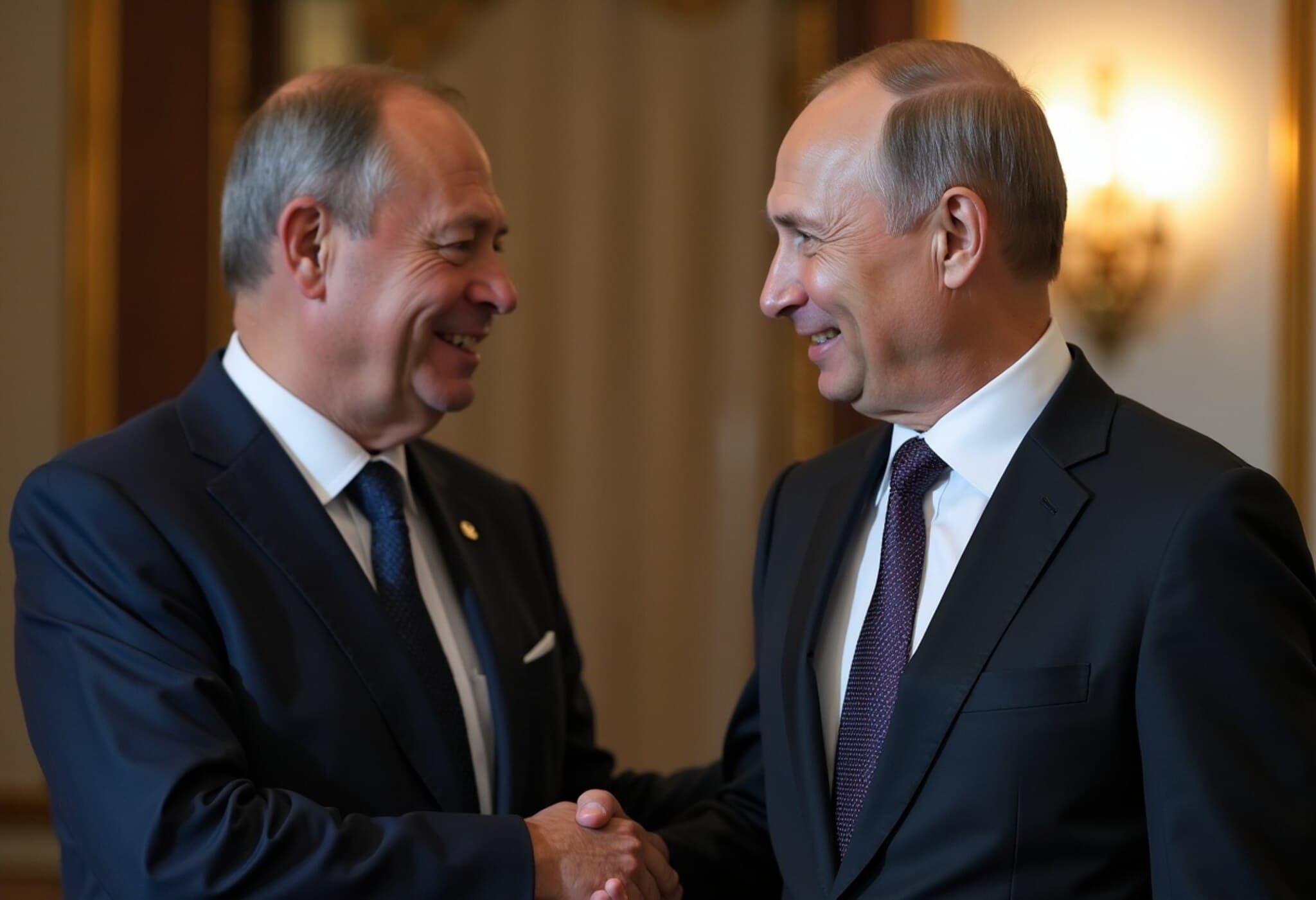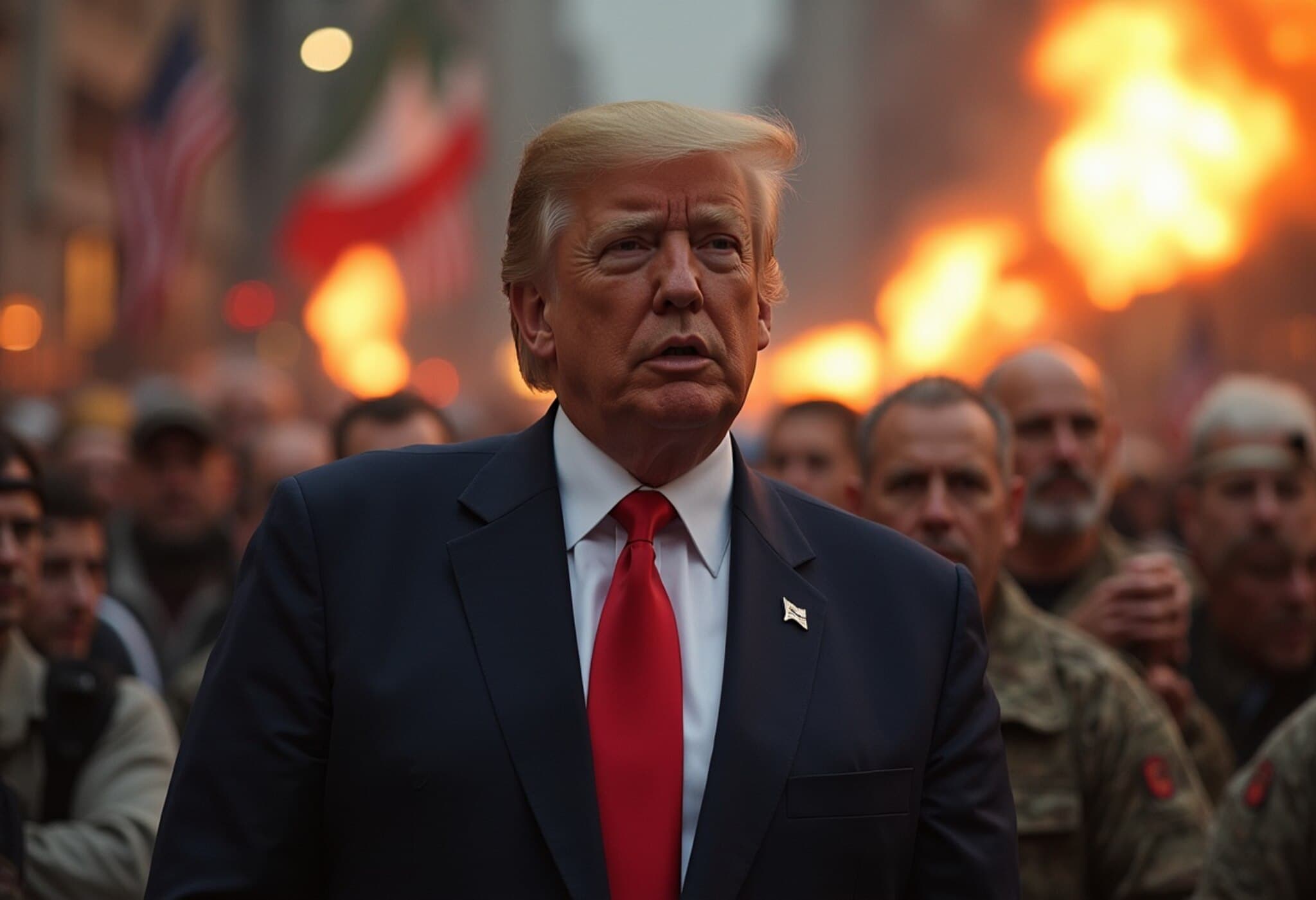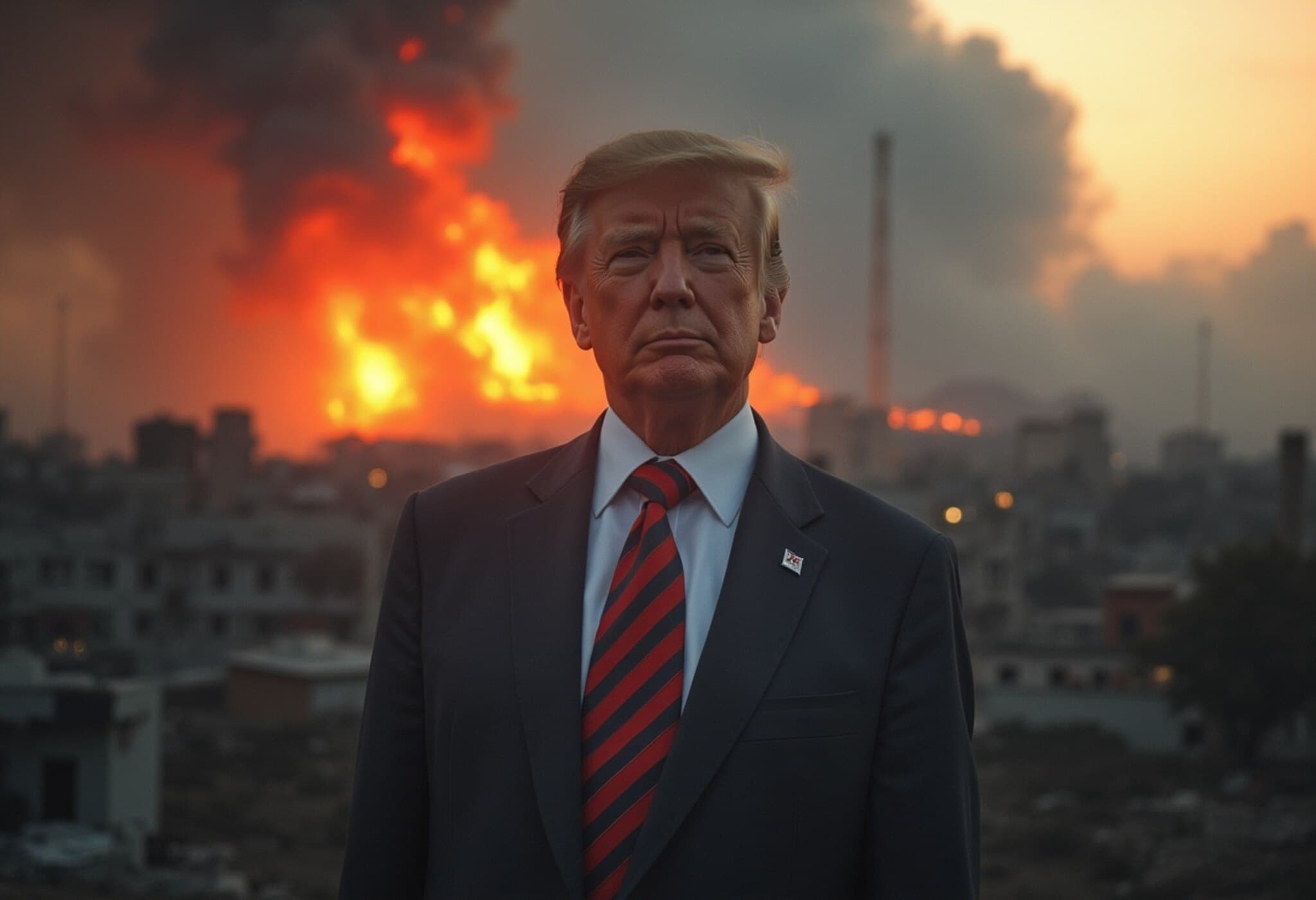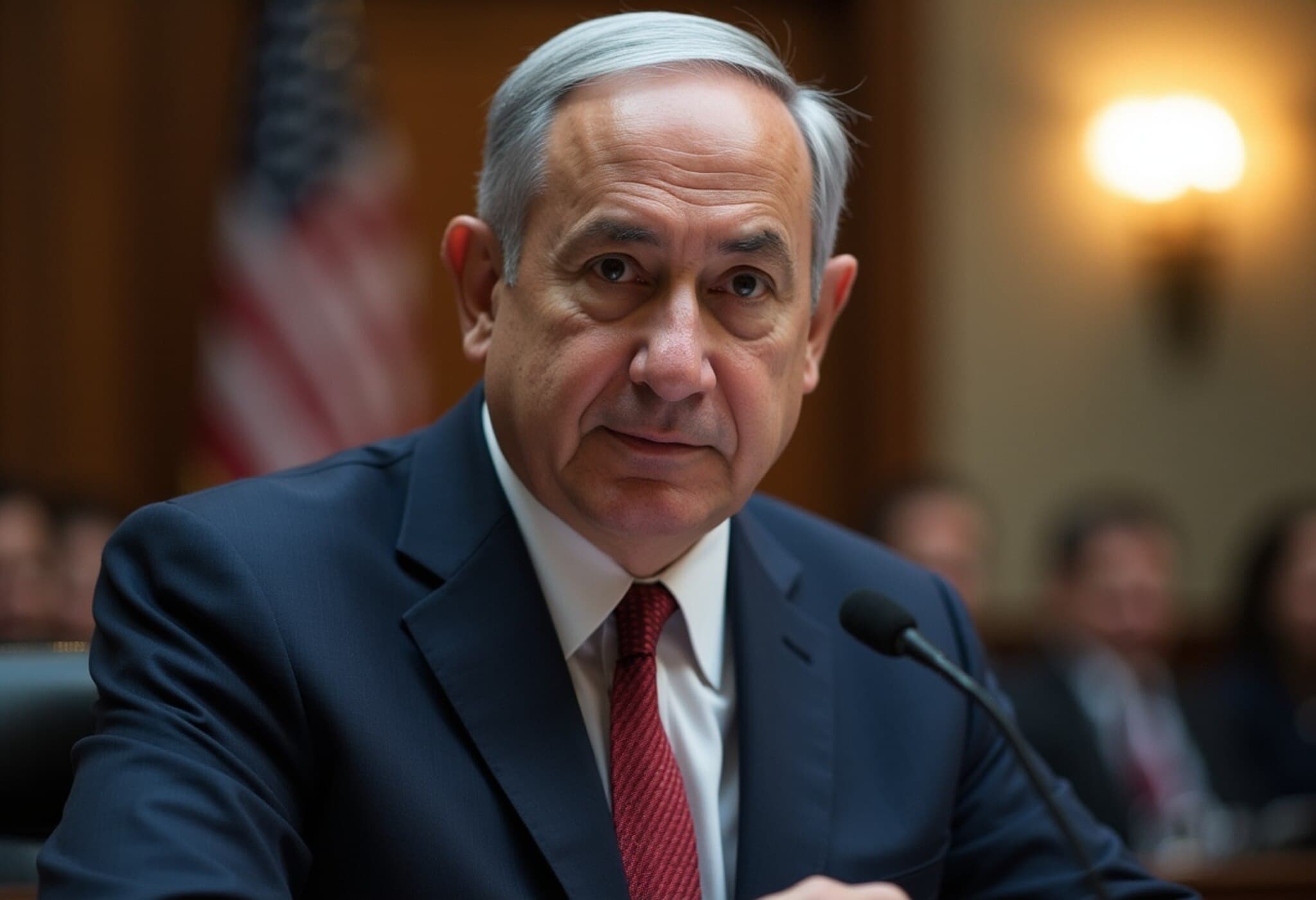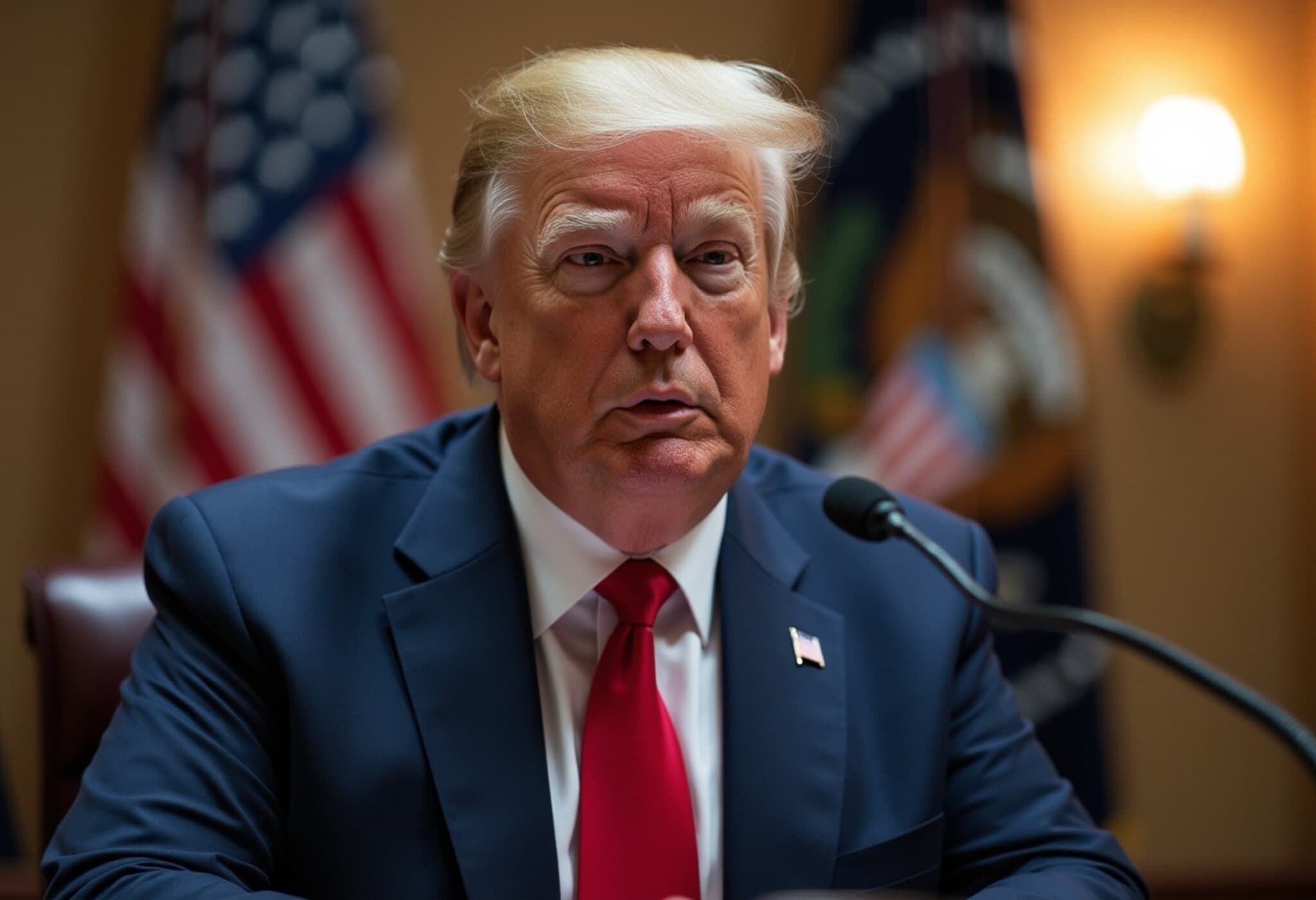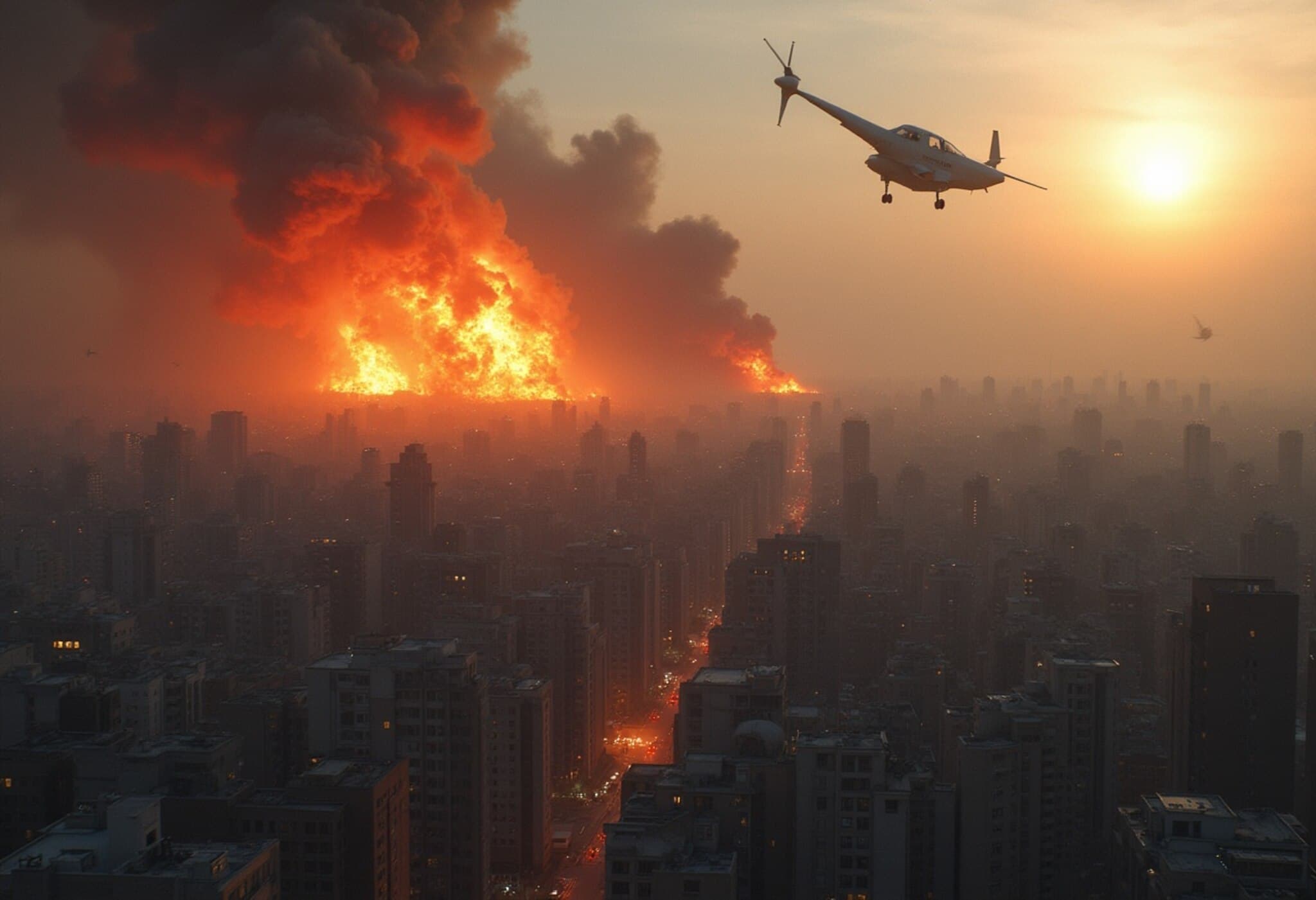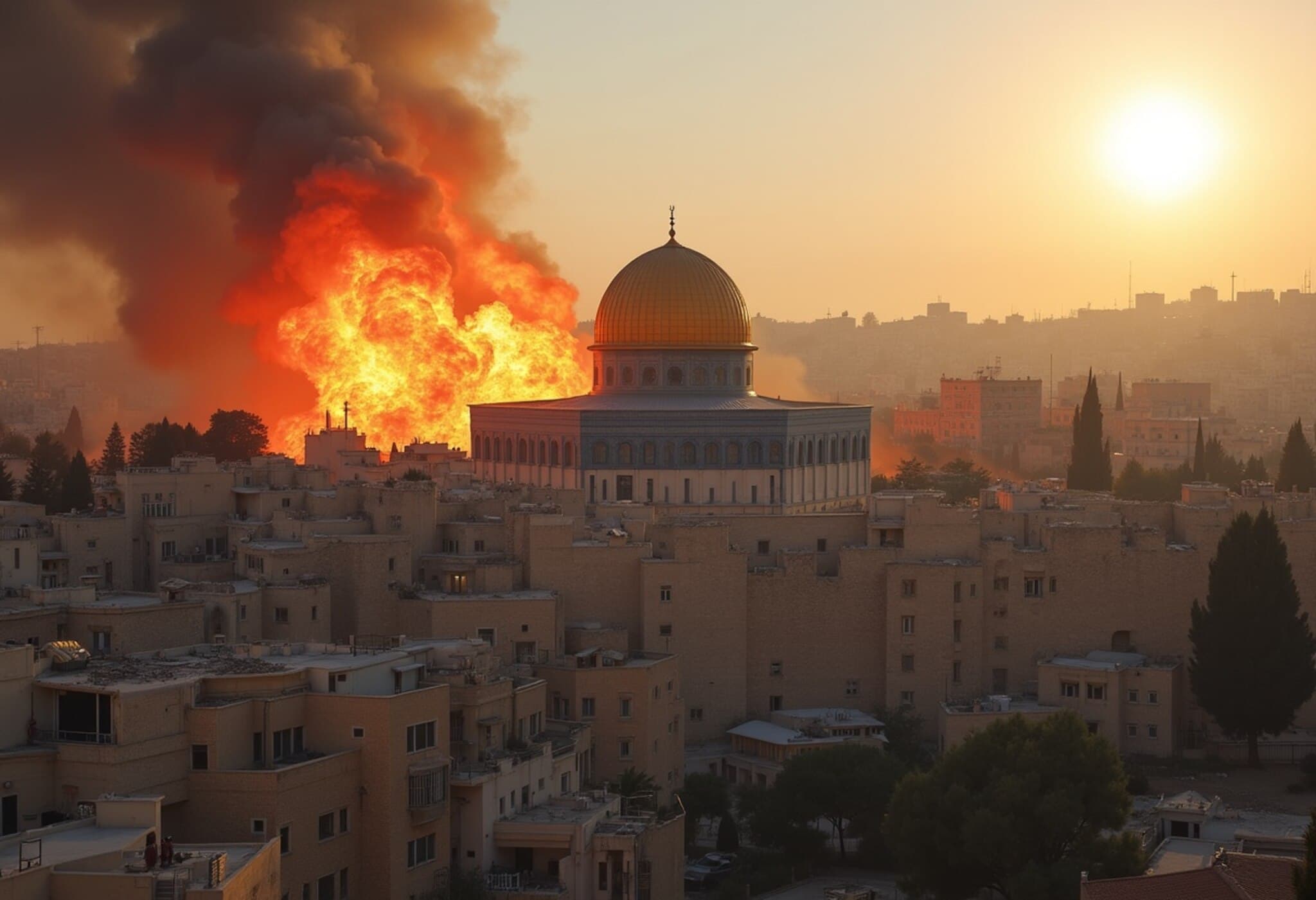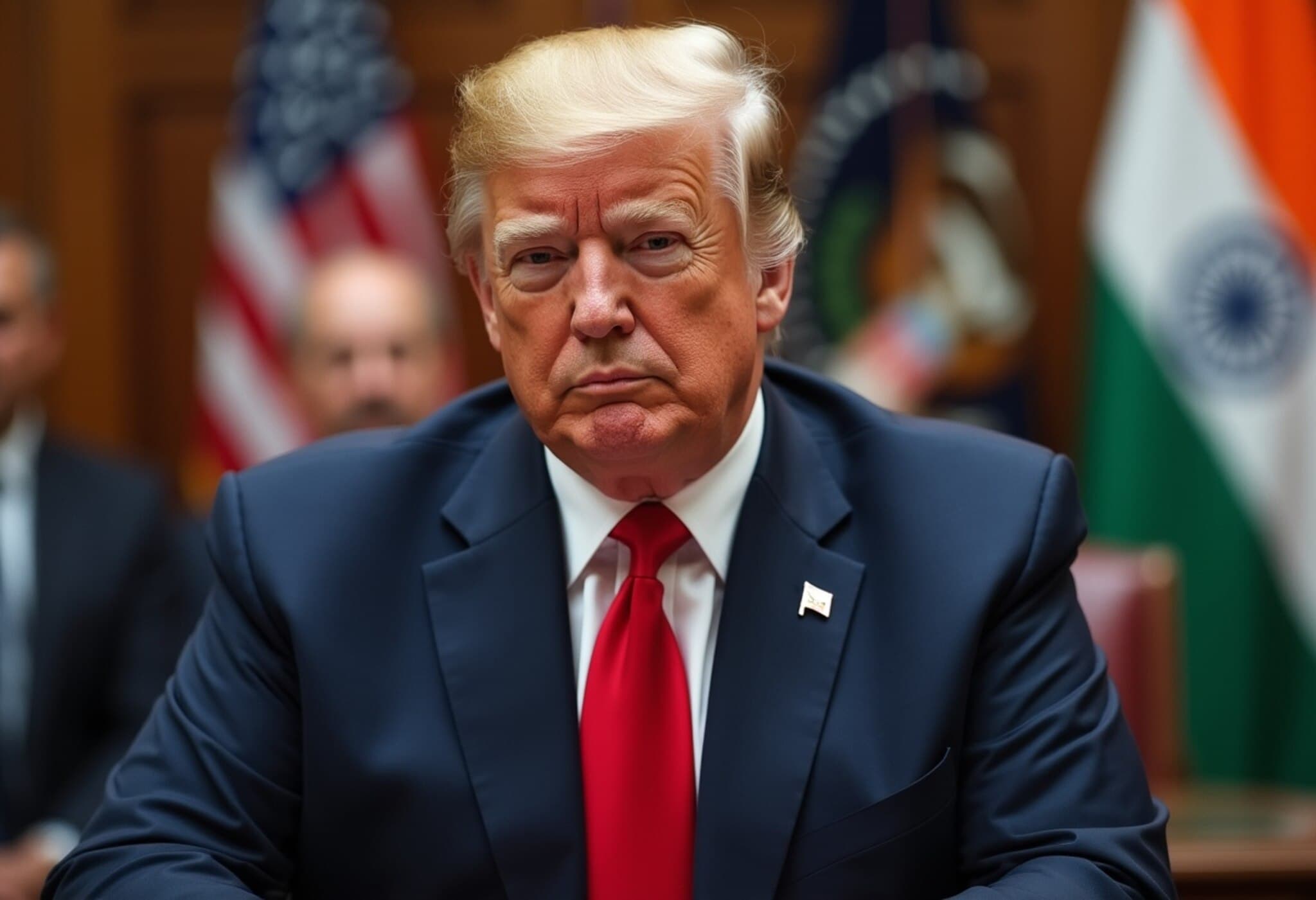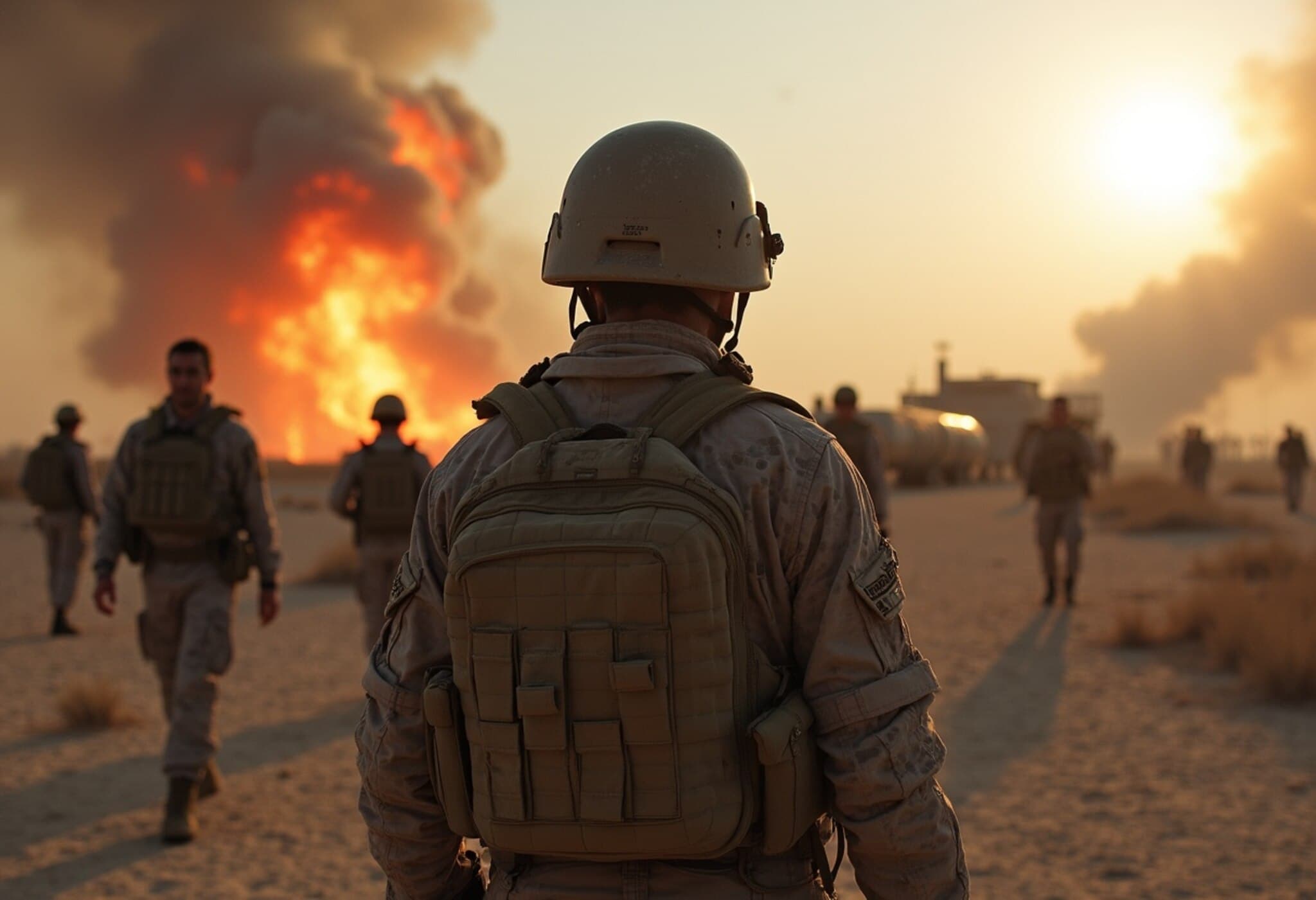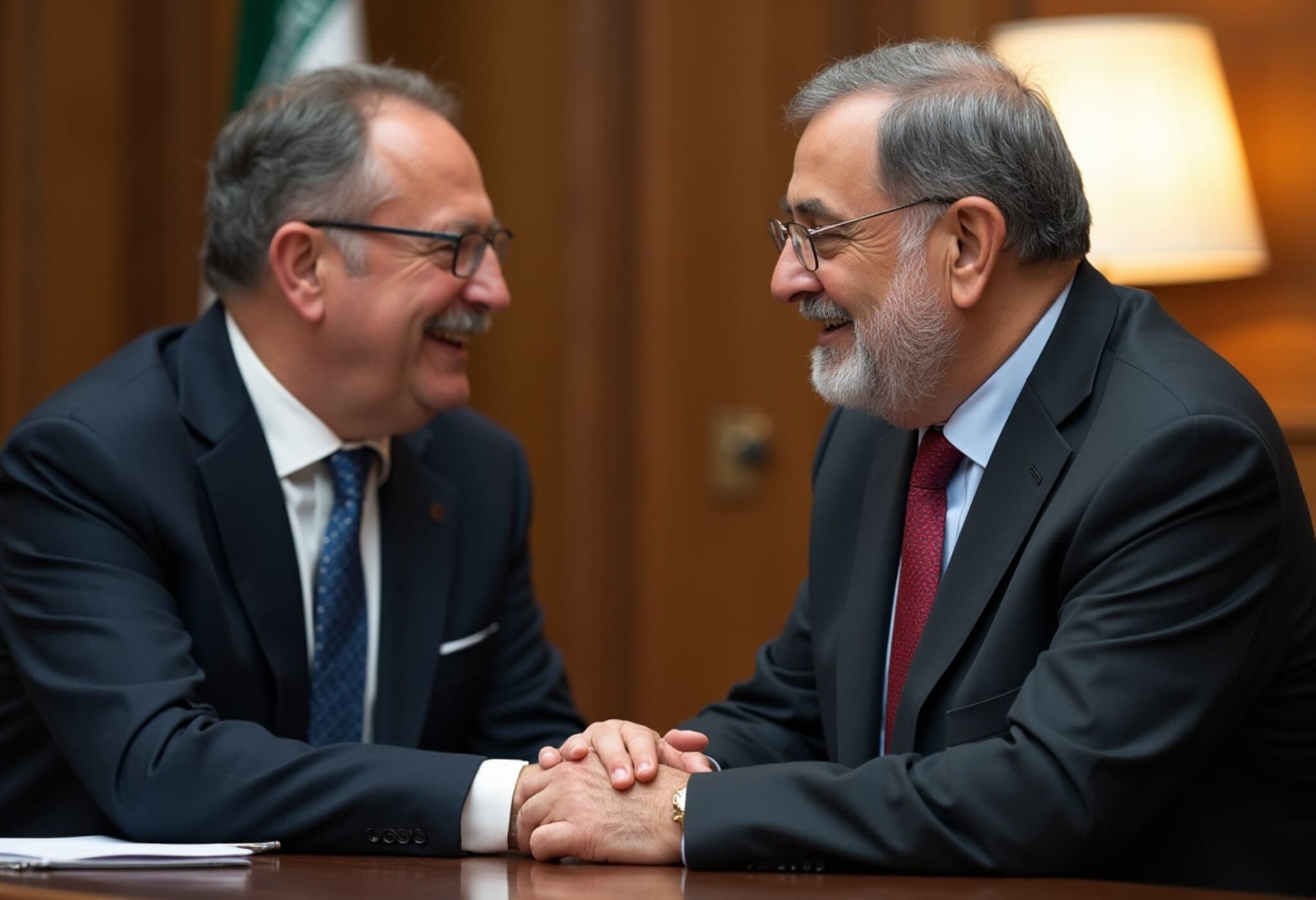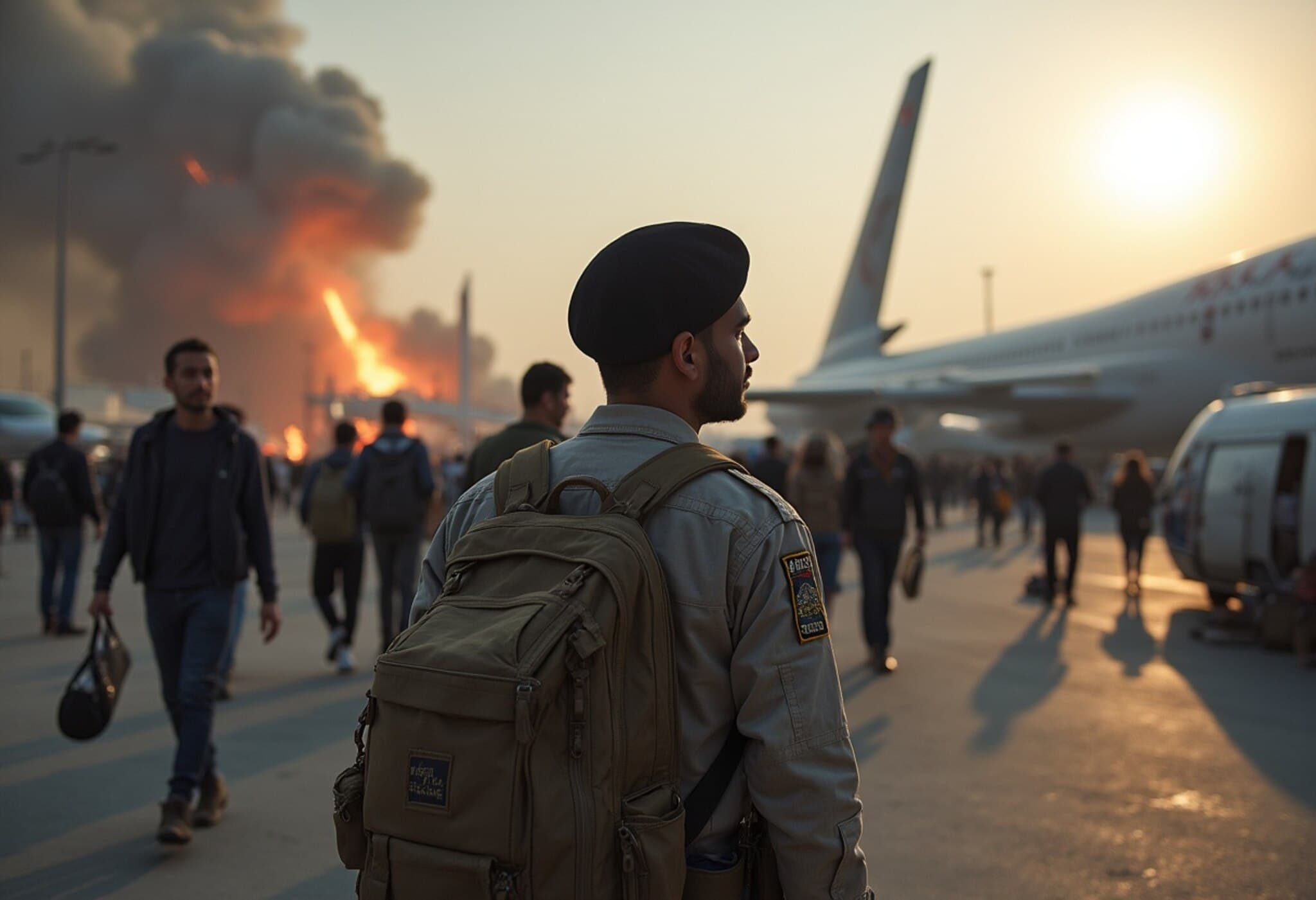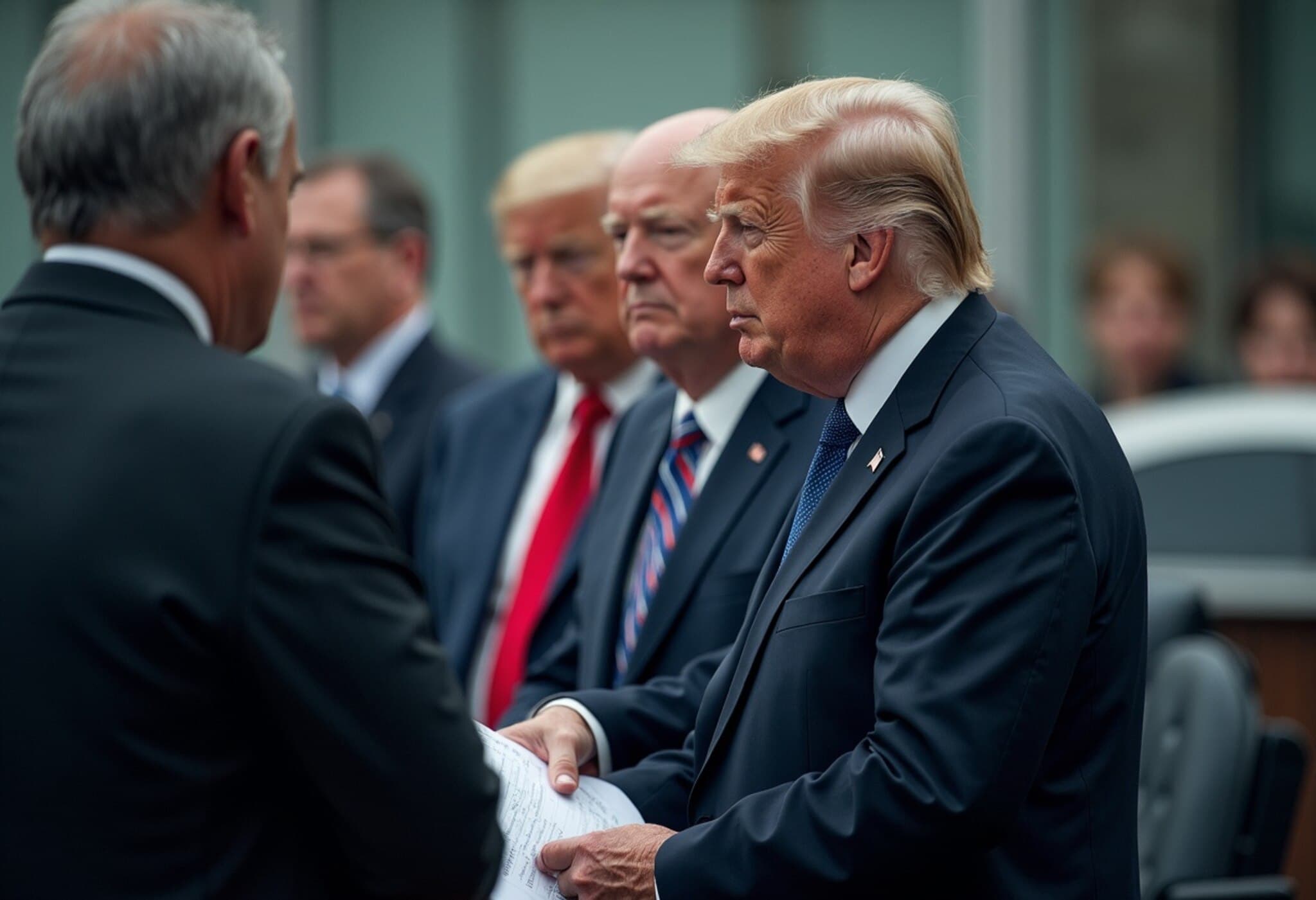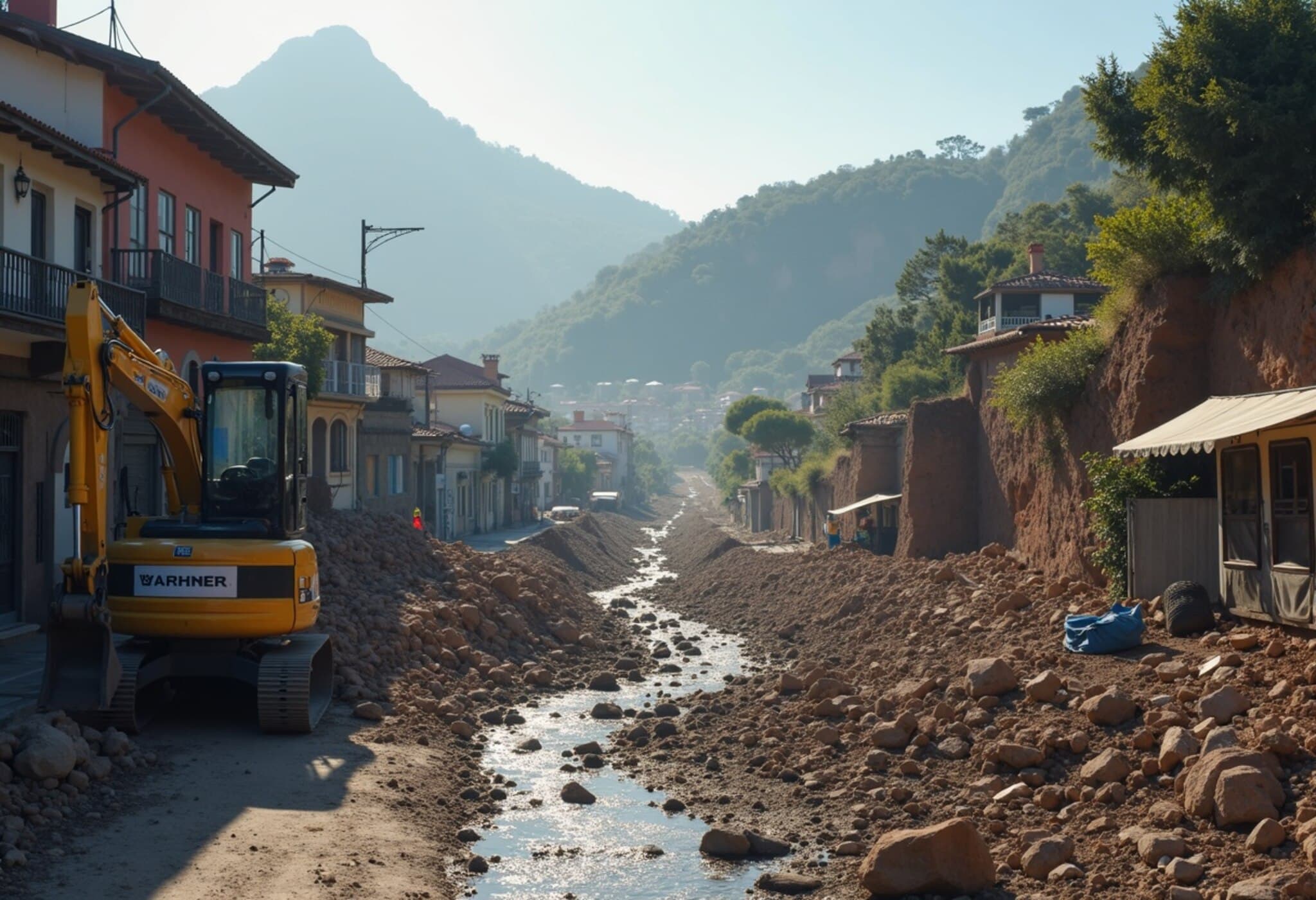Israel-Iran Conflict Underscores G7 Summit Discussions
The escalating tensions between Israel and Iran have seized the spotlight at the G7 Summit, currently underway in Canada’s Rocky Mountains. Leaders from the world's foremost economies have convened amid a surge of hostilities marked by missile strikes, military offensives, and heightened rhetoric.
Fresh Missile Attacks and Military Escalation
As the summit entered its second day, the Israeli military reported new missile launches from Iran early Monday, triggering intensified air defense responses. These developments follow Israel’s recent surprise operation named Operation Rising Lion, targeting Iran's nuclear and military sites.
Reports indicate that over 220 people have died in the crossfire, with nearly 90% of the casualties reportedly civilians. On the Israeli side, at least 10 fatalities, including children, have been confirmed.
Diplomatic Maneuvers and U.S. Involvement
Before a bilateral meeting with Canadian Prime Minister Mark Carney, the U.S. President expressed cautious optimism about a possible resolution: “I hope there’s going to be a deal. I think it’s time. Sometimes they have to fight it out,” he remarked.
Notably, it has emerged that the U.S. President previously vetoed an Israeli plan to target Iran’s Supreme Leader Ayatollah Ali Khamenei, revealing how close the situation edged toward further escalation. While the U.S. denies direct involvement in striking Iranian targets, American forces are said to have assisted in intercepting missiles aimed at Israel.
Meanwhile, Iran has conveyed to mediators Qatar and Oman that it will not entertain a ceasefire while under attack, signaling a firm stance amidst the conflict.
G7 Faces Challenge in Demonstrating Unity
With a looming threat of broader regional turmoil that may disrupt global markets and energy stability, G7 leaders—including those from the UK, France, Germany, Italy, Japan, and the European Union—have voiced deep concerns.
British Prime Minister Keir Starmer has reportedly engaged in talks with both Israeli and American leaders in efforts to dial back tensions, describing the summit atmosphere as filled with “intense discussions.”
Breaking away from tradition, Canadian Prime Minister Mark Carney has refrained from issuing a joint communique. This decision reflects the difficulty of forging a unified stance, with the summit riskily fragmenting into bilateral conversations rather than collective action.
German Chancellor Friedrich Merz outlined clear objectives amid the crisis:
- Prevent Iran from developing nuclear weapons
- Support Israel’s right to self-defense
- Reduce the risk of further military escalation
- Maintain diplomatic dialogue channels
Unpredictability with Key Figures
The presence of the U.S. President has added an unpredictable element to the proceedings. Arriving late Sunday, his remarks—such as reviving talk about making Canada the “51st state” and joking about purchasing Greenland—have unsettled fellow leaders. In response, the French President made a symbolic stopover in Greenland to emphasize it is not for sale.
Canadian officials remain cautious, anticipating potential outbursts. A former Prime Minister commented on the U.S. leader’s approach, suggesting if he seeks attention through dramatic antics, others should continue conversations as usual.
In addition to the G7 participants, the Ukrainian President is attending the summit and is scheduled to meet with the U.S. President during the discussions.
The Road Ahead
With tensions soaring in the Middle East, the G7 Summit stands at a crossroads. Balancing immediate security concerns with the long-term need for diplomacy and stability will challenge even the most seasoned leaders. Whether the forum can rise above internal divisions and deliver a concerted response remains to be seen as the conflict unfolds.


